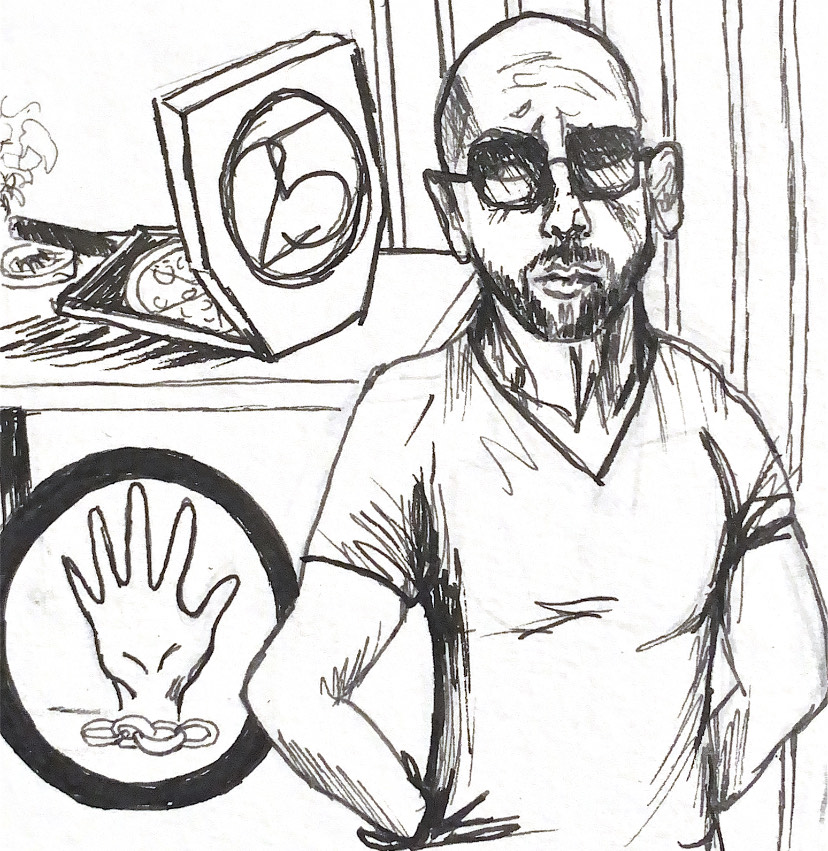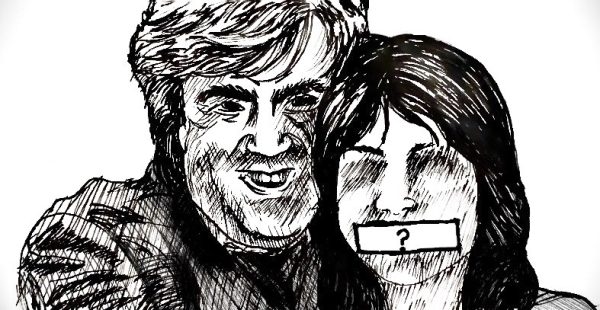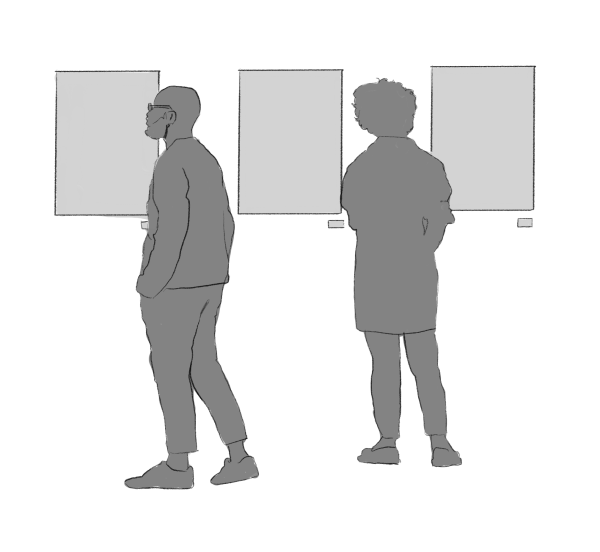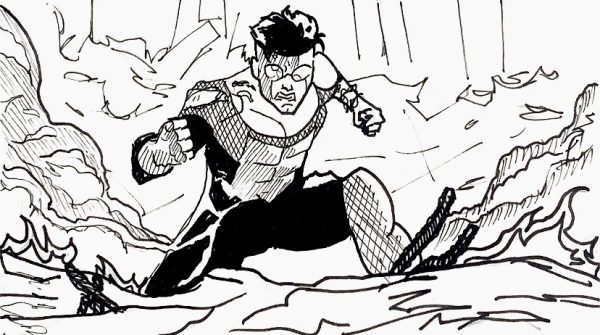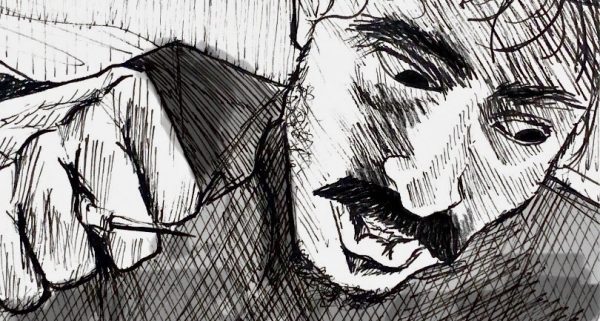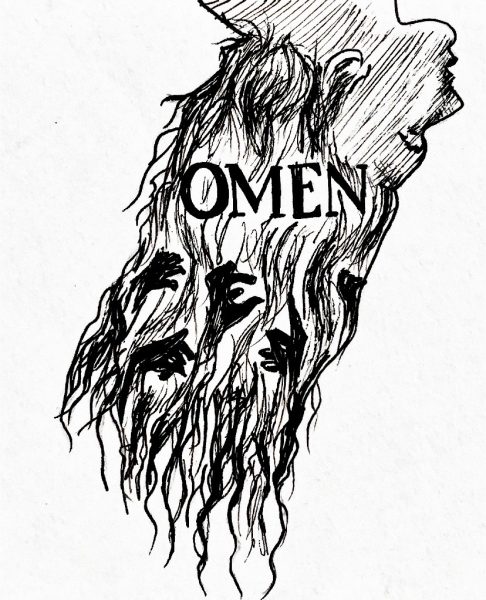Under the influence of misogyny — Andrew Tate
Well-known influencer detained in Romania for unsurprising behavior toward women
Internet celebrity and professional misogynist Andrew Tate has had quite an eventful month. First and foremost, Tate began a Twitter spat with Swedish eco-warrior Greta Thunberg, in which he bragged about the high greenhouse gas emissions his fleet of luxury vehicles produces. The young activist quickly put him in his place, prompting Tate to release a video in response despite him being under active investigation by Romanian authorities. Less than a day after the video aired, Tate and his brother were detained under allegations of human trafficking and rape. To those familiar with his mentality towards women, this development comes as no surprise and is especially poignant as we near the end of Human Trafficking Awareness Month.
After his retirement from professional kickboxing in 2016, Tate found an immense online following for his alarmingly misogynistic views. His videos frequently focus on male dominance and empowerment, including what it means to be a so-called alpha male. Tate’s beliefs don’t stop there — he also openly advocates for violence against women to force them into obeying male figures. What made these opinions especially dangerous was Tate’s success with them, as he has made a significant profit with a net worth of roughly $50 million from content creation and promotion. His TikTok account alone had over 11.6 billion views before it was taken down, with many of his followers being adolescent boys who want to emulate Tate’s eccentric lifestyle.
The internet is a gateway to a lot of things, including radicalization. Tate’s content is often marketed as the sharing of unpopular opinions, which can pique viewers’ interest quickly, especially if they don’t realize the harmful rhetoric behind statements about owning a woman or being entitled to sex. Once this type of content has become normalized in a pattern of consumption, so have these relatively simple forms of misogyny and degradation. Last year, enough people realized the harm that was stemming from influencers like Tate and the content they preached to their viewers, that his accounts were suspended or removed from various social media sites for violating community standards.
This choice to remove Tate from his platforms, however, did not disenfranchise him or his influence. The misogyny he has perpetuated has taken root in more ways than one and is surprisingly tangible in the victims he has been accused of trafficking and/or sexually exploiting for monetary gain. Two of the women in question, as part of the investigation against Tate, claim that he never exhibited abusive behavior towards them, and therefore, they weren’t victims. This seems unlikely, given Tate’s harsh stances on a woman’s place in a relationship and victim-blaming, as well as his alleged involvement in some sort of organized trafficking group. However, according to Tate’s bodyguard, the women he saw were commonly under the impression that they would be the influencer’s next girlfriend or wife, and this likely made them easier to coerce into trafficking.
But here’s the thing — coercion, especially in a sexual context, is still unlawful, not to mention immoral. Just because these women feel that they weren’t forced to do anything they didn’t want to doesn’t mean Tate isn’t liable for the benefits he reaped. Human trafficking is formally defined as the use of force, fraud or coercion to procure some type of labor or commercial sex act, usually under the threat of violence or the promise of a job or romantic relationship. Tate’s misogyny was so ingrained that he commodified women and was so influential that he managed to persuade his victims otherwise.
As we approach the end of Human Trafficking Awareness Month, let the allegations against Andrew Tate serve as a reminder that casual misogyny runs much deeper than it seems. It’s never “just a joke” when the possibilities can be so severe in the event of extremes, or when the radicalization of societal views becomes dangerously targeted. Besides, we’ve all seen just how fragile a misogynist’s ego can be — just thank Greta.

My name is Ava Peinhardt (she/her), and I'm the Opinions Editor for the Trinitonian. I'm a senior from Plano, TX majoring in Environmental Studies with...

